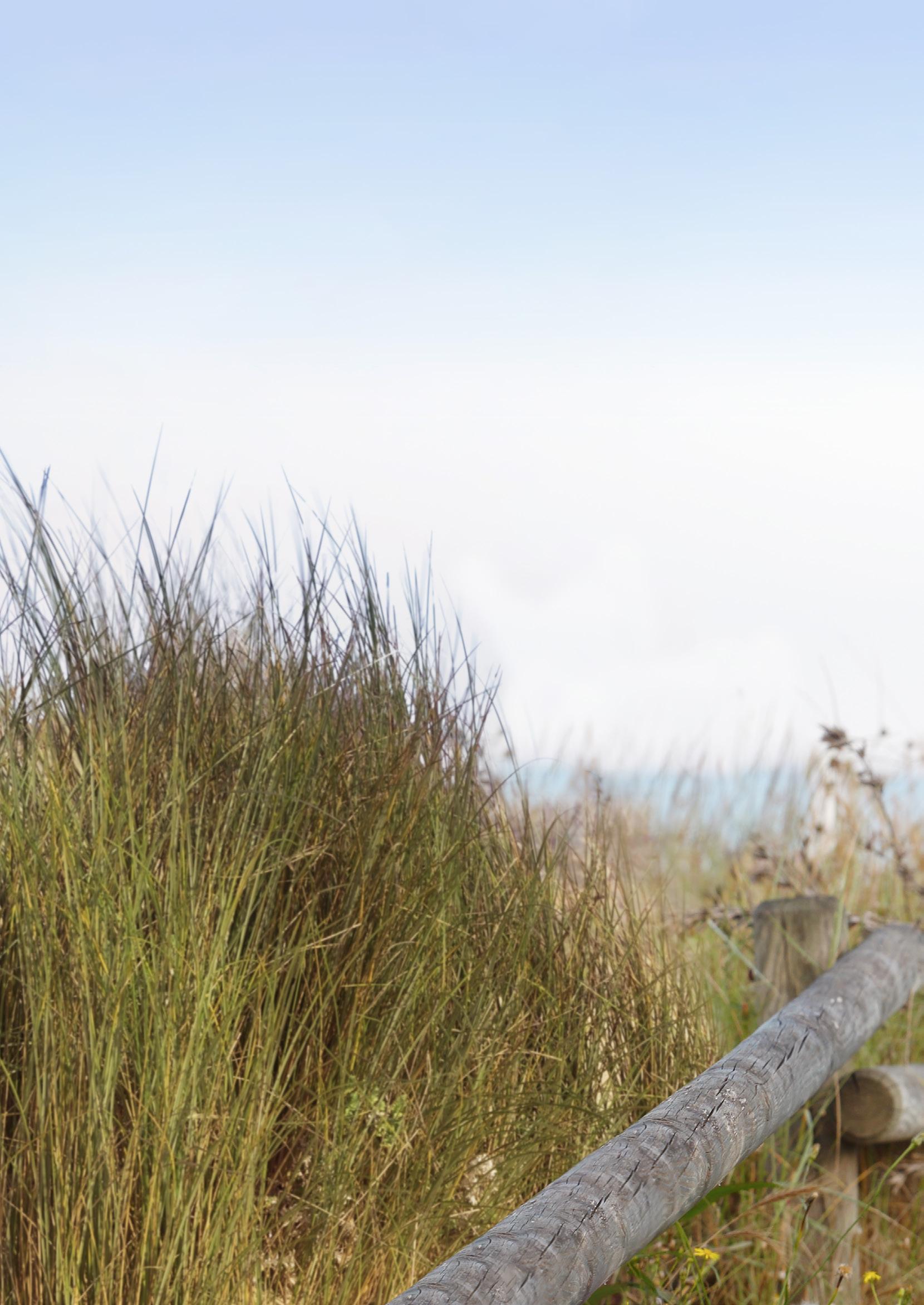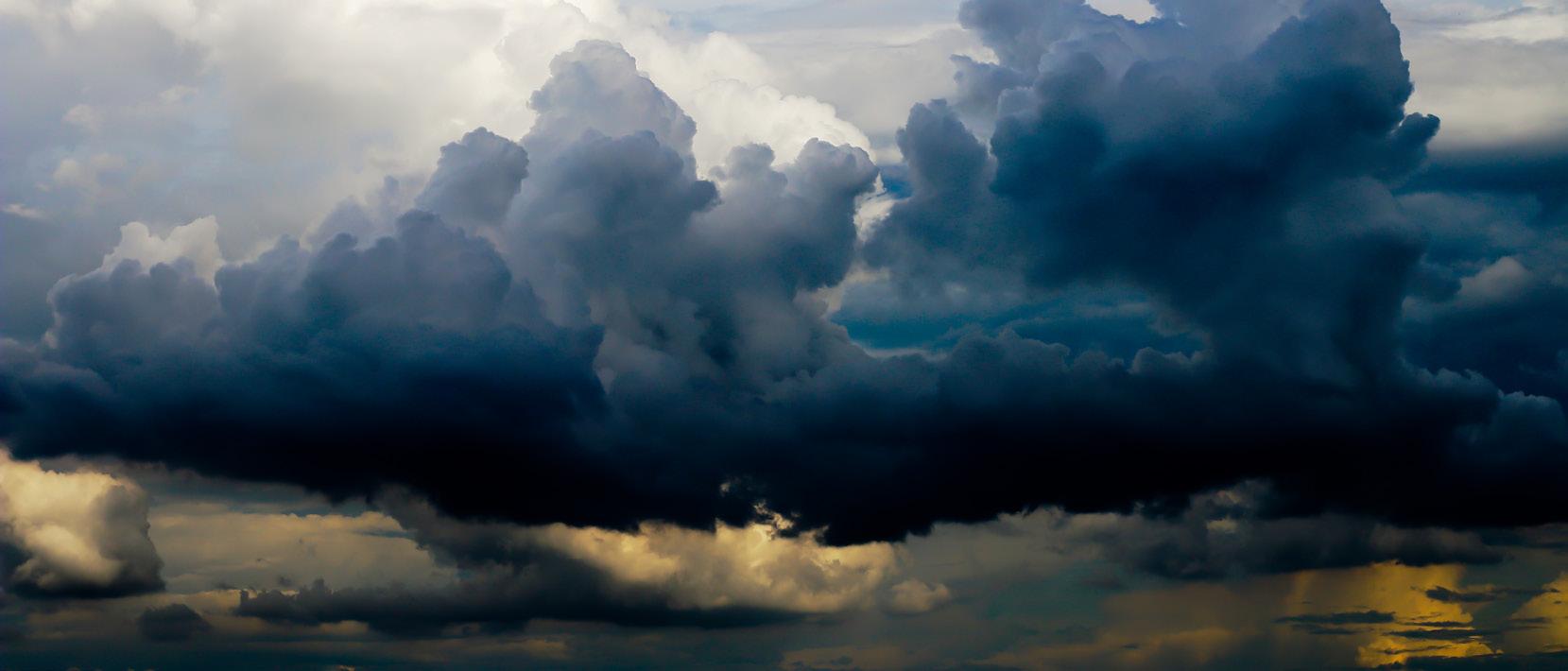
3 minute read
Why Storm season might be a lot different this year
The Bureau of Meteorology has forecast that Queensland communities are expected to experience above average spring and summer rainfall this year thanks to a La Nina phase. The Bureau characterises La Nina by: • Increased rainfall across much of Australia
• Cooler daytime temperatures (south of the tropics)
• Warmer overnight temperatures (in the north)
• Shift in temperature extremes
• Decreased frost risk
• Greater tropical cyclone numbers
• Earlier monsoon onset
What causes La Niña?
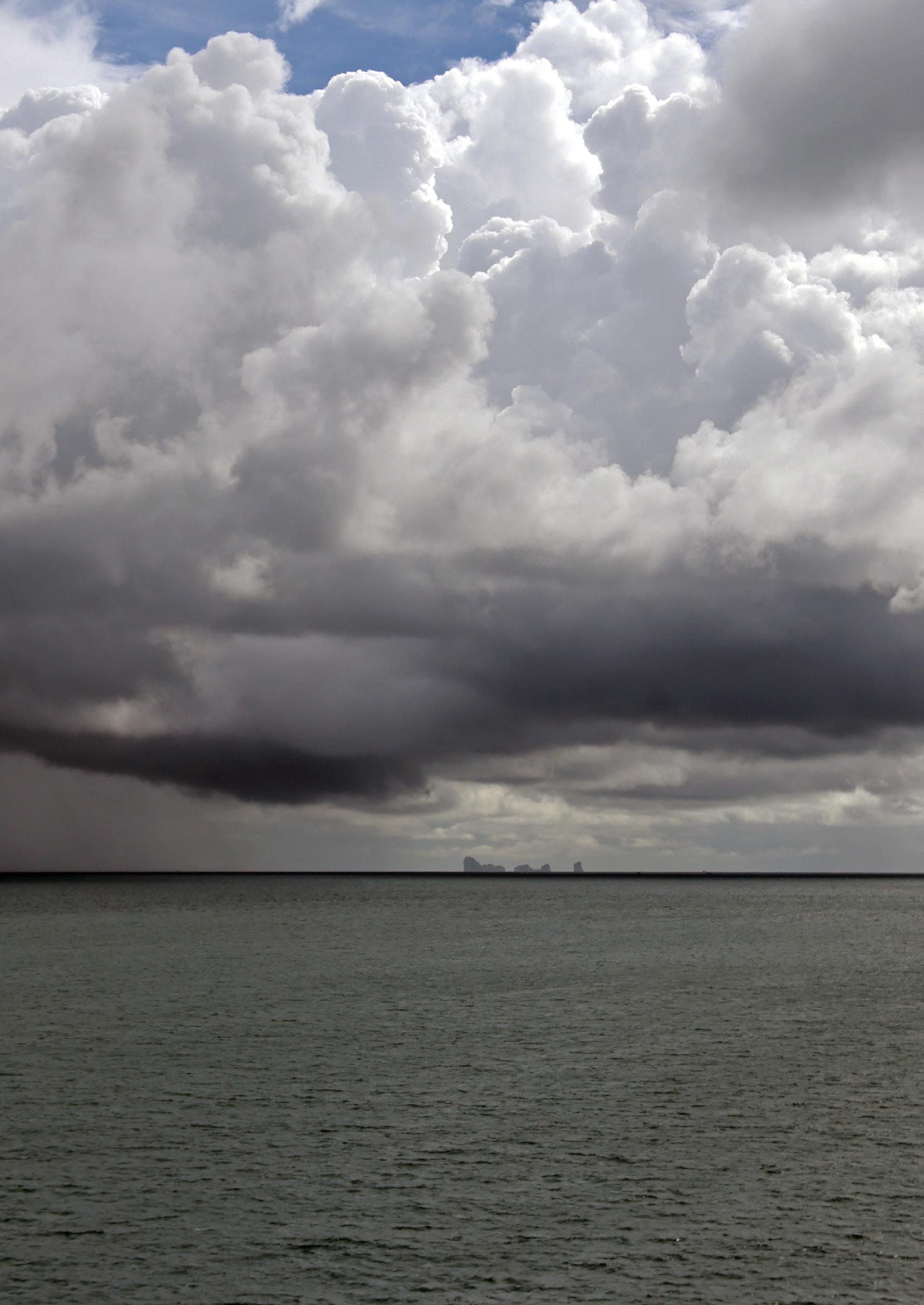
Strengthened equatorial trade winds and changed ocean surface currents draw up deeper water1 that cools the central and eastern tropical Pacific Ocean. The strength of the trade winds help warm the surface waters in the western Pacific and to the north of Australia1 . The warming effect on the western Pacific ocean increases rising air, cloud development and rainfall with northern and eastern Australia usually experiencing heavy rainfall1 . In fact, six of the wettest winterspring periods have been recorded during La Niña years1 . What does this all mean?
In eastern Australia, the average rainfall during La Niña rises by nearly 20%1. These conditions increase the chances of widespread flooding and tropical cyclones due to the close link between La Niña strength and significant rainfall. Just when you thought it couldn’t get any hotter in Queensland, the BOM also predicts longer lasting heatwaves in the SouthEast2 .
What can I do to prepare?
The best place to start is by checking your home and contents or landlords insurance to ensure it adequately covers the things you love, with new for old replacement. Having an easily accessible list of emergency numbers should you experience serious damage or danger can help you get assistance sooner. Your list of numbers should include; • Triple Zero (24/7), dial 000 for
Police, Fire and Ambulance in an emergency • SES (24/7), dial 132 500 for help with a damaged roof, rising flood water, trees fallen on buildings or storm damage • The emergency claims contact details of your home, contents or landlords insurance provider. You can then download and familiarise yourself with the checklists we’ve created below. You can practice these with your children, partner or housemates to make sure you’re all prepared for any event – rain, hail or shine.
Queensland Country Health Fund Ltd is a subsidiary of Queensland Country Bank Limited.
To read more visit queenslandcountry.bank/storm.
References: 1. Bureau of Meteorology. 2020. “What is La Niña and how does it impact Australia?” Accessed October 2020. http://www.bom.gov.au/climate/updates/ articles/a020.shtml 2. Bureau of Meteorology. 2020. “La Niña in Australia”. Accessed October 2020. http://www.bom. gov.au/climate/enso/images/La-Nina-in-Australia.pdf
Rain, hail or shine!
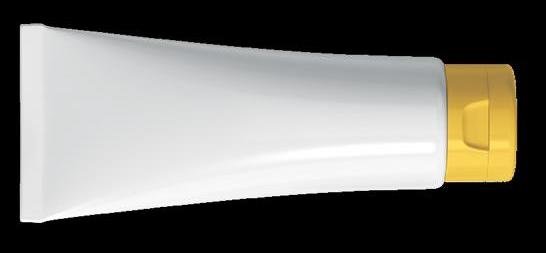

No matter the weather, Queensland Country Bank can help give you peace of mind that your home is protected.
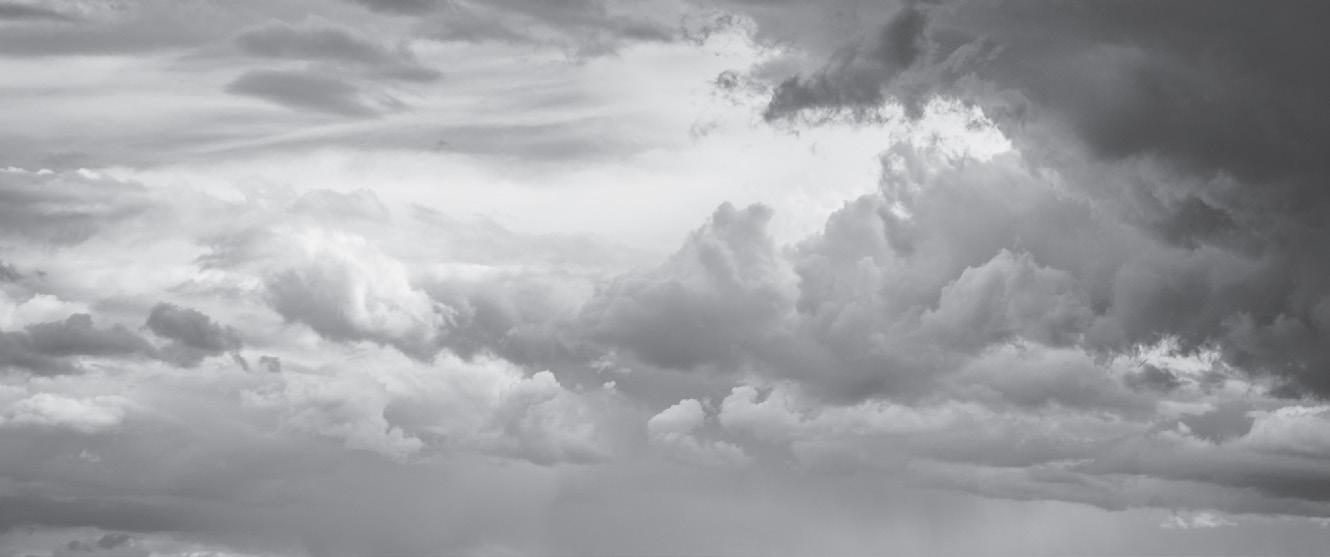
WIN For your chance to one of four $2,500 Queensland holiday vouchers
purchase an eligible CGU policy for home, contents or landlords cover with us by 28 February 2021*
1800 075 078 • queenslandcountry.bank/prepare
*Competition runs 2/11/20-28/02/21. Terms and eligibility criteria apply and are available at queenslandcountry.bank/prepare. All financial obligations under the eligible policy must be met at the time of the draw. Insurance issued by Insurance Australia Limited ABN 11 000 016 722 (IAL) trading as CGU. Any advice is general only and does not take into account your personal circumstances. Consider the relevant PDS available at queenslandcountry.bank or in branch to see if a product is right for you. Queensland Country Bank Limited ABN 77 087 651 027 AFSL 244 533 acts under an agreement with IAL.
